About Major Medicine In Turkey
About Major Medicine In Turkey
The Requirement Medicine In Turkey
Frequent Question Medicine In Turkey
Apply Now!
University Available Medicine In Turkey
About Major Medicine In Turkey

An overview of Medicine:
Medicine is the science that is concerned with studying and understanding the human body and its functions, and how to diagnose, prevent and treat diseases and disorders that affect human health, and provide the necessary health care to patients. This major requires a long and specialized medical education, including study in medical colleges and hospitals to gain clinical experience. Medicine can be defined as follows:
- Study of the human body: Intensive research and study of the human body, its structure and functions. This includes studying the different organs and systems in the body and how they work in detail. It includes analyzing symptoms, listening to patients' histories, and using diagnostic tools such as X-rays, CT scans, and laboratory tests to determine their health condition.
- Diagnosis and Treatment: Identify diseases and disorders that patients may suffer from, then develop and implement treatment strategies based on symptoms, clinical tests, laboratory analyzes and medical imaging to help improve their health condition. This includes prescribing and performing necessary treatments and procedures for patients, whether this is medical directions, medications, surgeries, or other treatments.
- Disease prevention: includes guiding patients on how to prevent diseases, maintain their health, and adopt a healthy lifestyle through proper nutrition, exercise, vaccinations, and other preventive measures.
- Multispecialty: Medicine includes a variety of specialties that include surgery, family medicine, internal medicine, radiology, genetics, and many other specialties that deal with specific aspects of human health.
- Utilizing technology and research: Medicine relies heavily on advanced technologies and scientific research to better understand diseases and develop effective treatments and advanced medical techniques
Medicine is one of the oldest sciences, dating back thousands of years to where illness was attributed to causes related to magic, demons, the influence of the stars, or the will of the gods. These ideas were prevalent in most ancient cultures and civilizations, and they still resonate in some of them to this day, even though the rise of scientific medicine over the past thousand years has changed or replaced Sufism in most cases. Man began to use his knowledge and observation to understand diseases further. In ancient Egypt, India, and China, historical medical practices have been documented, which used medicinal herbs, body massage techniques, and simple surgical procedures. The ancient Egyptians had a highly advanced medical system at the time that influenced subsequent medical sciences. Both the Egyptians and the Babylonians invented the concepts of diagnosis, prognosis, and clinical examination. During the Renaissance, understanding of anatomy improved, and the invention of the microscope later crystallized the germ theory of disease. It is a journey marked by major changes in treatment methods and medical thinking, starting from ancient times all the way to the modern era.
Medicine remains an evolving major, with an emphasis on scientific research, comprehensive health care delivery, and disease prevention to help patients maintain their health and well-being. It reflects the development in human understanding of the body, health, and treatment throughout the ages, and continues to develop thanks to modern technology and science.
Why study Medicine in Turkey?
If you are planning to study medicine, Turkey will be one of the best educational opportunities for you, given the progress made in Turkish research in this sector. Turkish universities are keen on the quality of the educational curriculum to comply with international standards. Universities also exploit all their capabilities to serve the requirements of the medical specialty to ensure students excel in their educational and professional lives.
Here are some reasons why students may choose to study in Turkey for this major:
- Prestigious Universities: Turkey includes many well-known and internationally accredited universities and leading research centers in the major of human medicine, where private universities invest in modern infrastructure and advanced equipment to support research and development in this major.
- Highly skilled faculty: with the ability to research and design new medical applications, methods and models, as well as analyze the latest updates in the development of medical systems.
- Cultural and social diversity: Turkey is a country that combines tradition and modernity, East and West, and a diverse cultural experience is available among international students studying in Turkey.
- Research and innovation environment: Dynamic programs adapted to recent changes and developments in the medical sector and technological research. This creates a suitable environment for studying medicine and innovation in this major.
- Affordable cost of living: Compared to some other countries, Turkey offers a reasonable cost of living, making it an attractive destination for international students.
Overall, Turkey offers an exciting and attractive environment for studying in the major of medicine, and is increasingly popular among international students researching this major.
Skills required to study medicine:
- Self-learning ability: You must be able to quickly absorb complex medical information, deeply understand and analyze it, and be fully prepared for long-term study and learning.
- Critical Thinking: You must be able to analyze and think critically to understand and evaluate clinical medical information and make quick and balanced decisions based on accurate information.
- Effective Communication: You must be able to communicate effectively with patients and other medical teams, listening, speaking clearly and understanding patients' needs and concerns.
- Organization and time management: You must be able to manage study loads and schedules effectively, devote yourself to studying, and practice clinical tasks effectively.
The average annual salary for beginners to a major is Medicine $168,750
The Requirement Medicine In Turkey
Passport
Personal photo
Toefl
High school diploma
High school transcript
Frequent Question Medicine In Turkey
What is Medicine?
Medicine is a medical field that focuses on the study and understanding of the human body, its structure and functions, leading to the diagnosis, treatment and prevention of diseases and injuries. In addition, developing treatment strategies for patients. Medicine includes a wide range of specialties such as general medicine, surgery, family medicine, internal medicine, radiology, and others. This is a definition that comprehensively summarizes the role and importance of medicine in health care and understanding the human body.
Why is Medicine important?
Medicine is among the most important fields in the lives of humans and societies throughout the ages and civilizations, and it plays an important role in maintaining public health and improving the quality of human life. Medicine contributes to reducing the spread of diseases and treating them, which contributes to improving life expectancy and increasing productivity. Medicine is not just a professional field, but rather a humanitarian mission. It represents hope, care and knowledge that contribute to improving human lives. Medicine is deeply rooted in the essence of humanity and contributes to developing societies and achieving human progress.
What is the aim of Medicine?
The main goal of medicine is to maintain human health with the highest standards, provide healthy and optimal medical care to patients, which contributes to improving their quality of life and increasing their hope of living, and accurately diagnosing diseases and treating them in various ways, including medications, surgery, and physical therapy. It is a field that combines science, care and compassion, and is integral to human progress and well-being. An investment in medicine is an investment in a healthy and prosperous future for humanity.
What is the history of medicine?
- The history of medicine is long and complex, spanning thousands of years and can be divided into several main stages including antiquity, the Middle Ages, the Renaissance, and the modern eras. People attributed diseases and health problems to causes outside of nature, such as spiritual matters and magic. Over time, humans began to understand the human body better and develop treatment techniques.
- Ancient civilizations: Interest in medicine began in ancient civilizations such as ancient Egypt, Babylon, and India. These civilizations had early knowledge of human anatomy and some basics of medical treatment, and their use of medicinal herbs, body massage techniques, and simple surgical procedures has been documented.
- The Middle Ages: Knowledge of ancient Greek and Roman medicine was preserved and developed in universities and medical schools in Europe and the Middle East. The Middle Ages also witnessed a decline in medical development in Europe.
- Scientific and technological revolution: In modern times, medicine has witnessed tremendous progress thanks to scientific and technological developments. Medicines have been developed, surgical and diagnostic techniques have been improved, and our understanding of diseases has increased dramatically. The field of organ surgery, medical imaging and medical genetics has developed significantly.
- Modern era and biotechnology: In the 21st century, advances in biotechnology, neuroscience, and molecular research continue with the development of new treatments and advanced medical technologies. Medical research has focused on understanding genes and the relationship between health and environmental factors.
- The history of medicine is a continuing story of discovery and progress. The concepts of medicine and treatment have developed greatly over the ages, and modern health care has become dependent on technology and scientific research. This journey continues, as scientists and doctors strive to expand the boundaries of medical knowledge, improve their understanding of the human body, and develop better treatments for human health.
What do medical graduates do?
Medical doctors receive extensive medical training that includes study in medical colleges and hospitals, and practical professional training that allows them to provide health care to patients in a variety of fields and specialties and ensure the health of patients. Here are some places where medical graduates work:
- Hospitals and clinics: You can work in hospitals and clinics to provide health care to patients. They can be general doctors who deal with a variety of conditions or specialist doctors in specialties such as surgery or internal medicine.
- Private clinics: It is possible to work in private clinics where medical services are provided to patients who seek health care outside hospitals.
- Medical research: You can work in the field of medical research to better understand diseases and develop new treatments. You can also work as university professors or researchers in research institutes.
- Training and educating emerging doctors: It is possible to work in medical colleges to train and educate emerging doctors.
- Public health and health administration: They can work in the fields of public health and health administration, where they work to improve health care policies and programs and manage health institutions.
- Mental health and psychotherapy: It is possible to work in mental health and provide treatment and support to people who suffer from mental health problems.
- Humanitarian and relief work: You can work in humanitarian and relief organizations to provide health care in areas in need and in cases of natural disasters.
- Health and pharmacy industries: You can work in the pharmaceutical industry and pharmaceutical development or in health care companies to develop new medical products and devices.
These are just a few examples of the wide range of career opportunities in which medical graduates can work. There is a high demand for doctors all over the world. This demand is expected to continue to grow in the coming years, as medicine advances and the population increases. The specific job depends on the individual's interests, specialty, and level of experience.
University Available Medicine In Turkey
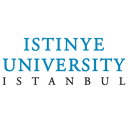
Istinye
Language
Turkish
English
Tuition fees (Schedule)
$20000
$26400
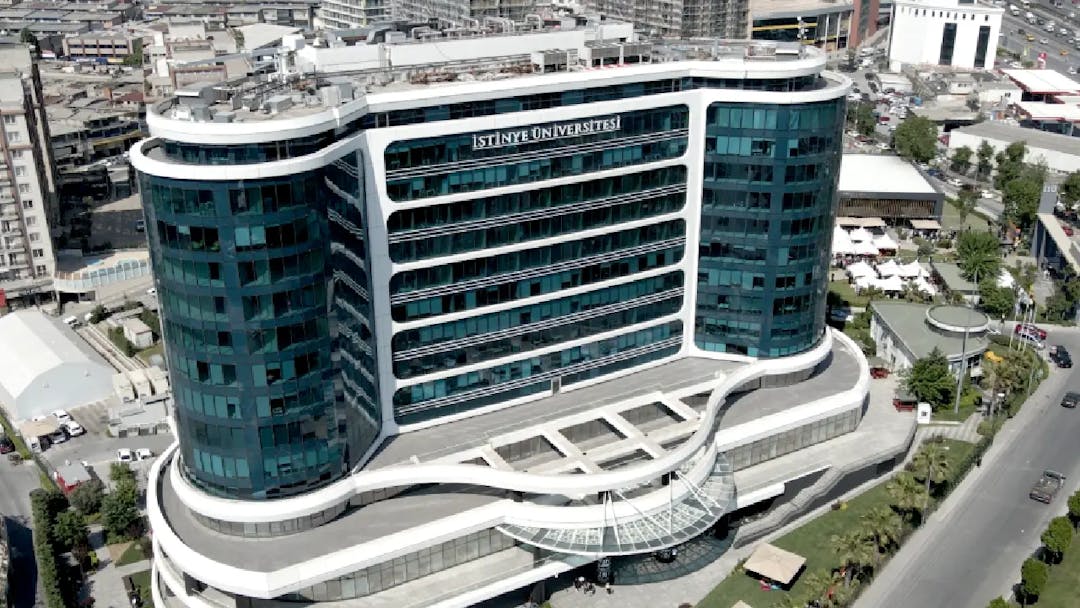
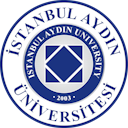
Istanbul Aydin
Language
English
Turkish
Tuition fees (Schedule)
$22000
$22000
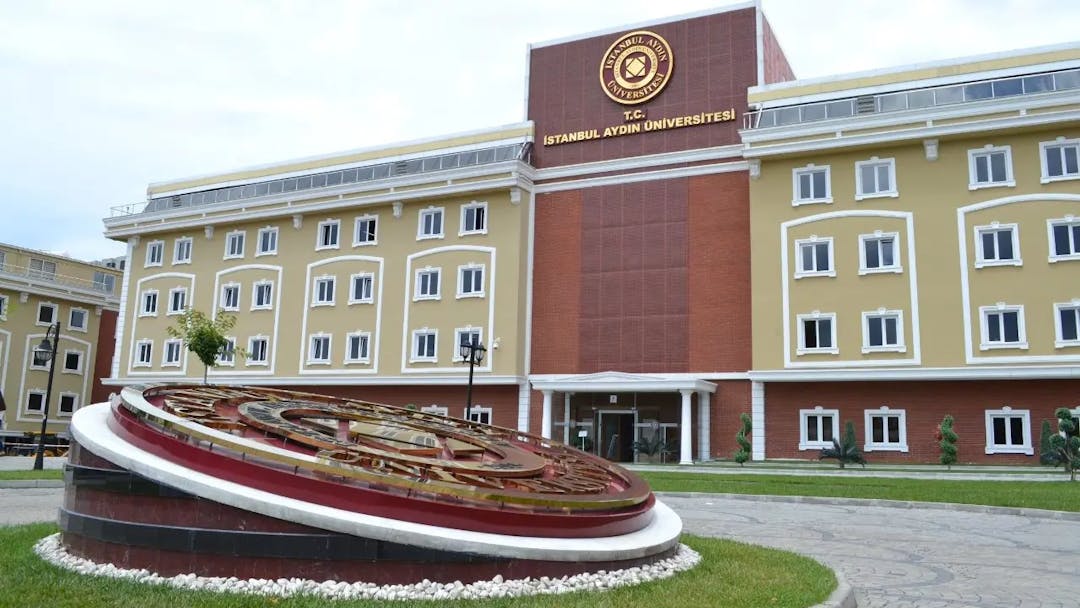
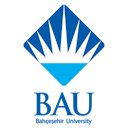
Bahçeşehir
Language
English
Tuition fees (Schedule)
$27000
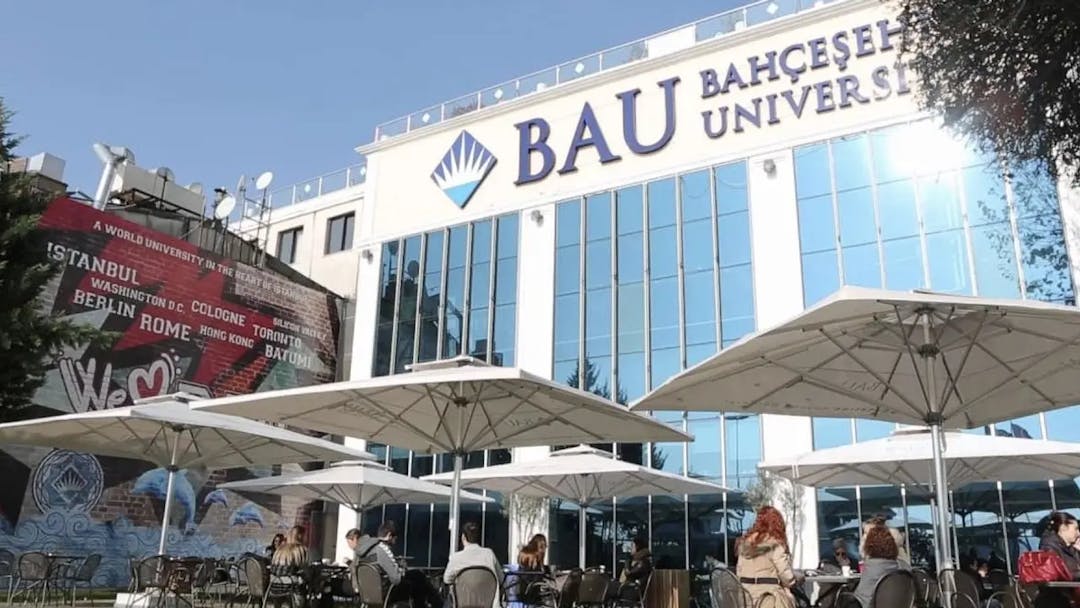

Istanbul Medipol
Language
30%English&Turkish 70%
English
Tuition fees (Schedule)
$30000
$40000


Atilim
Language
English
Tuition fees (Schedule)
$16500
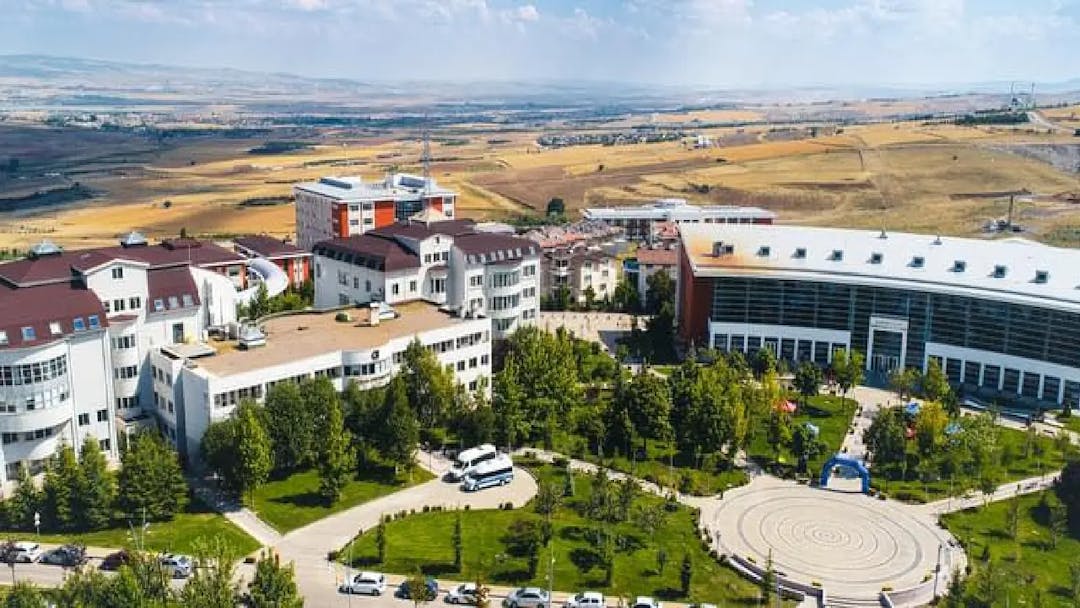
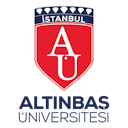
Altınbaş
Language
English
Tuition fees (Schedule)
$21000
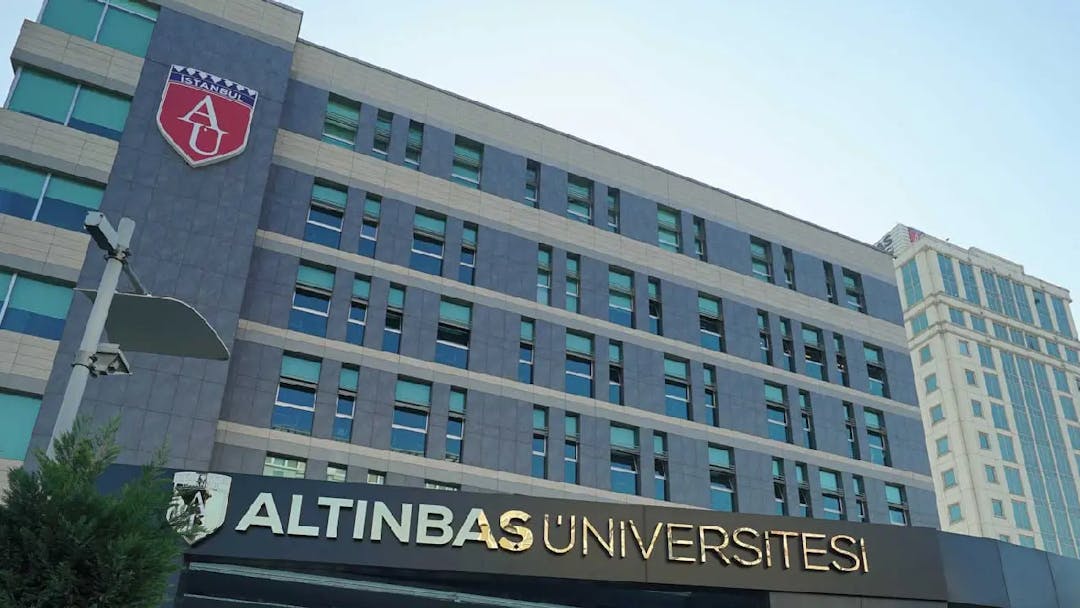

Halic
Language
Turkish
English
Tuition fees (Schedule)
$18000
$24000
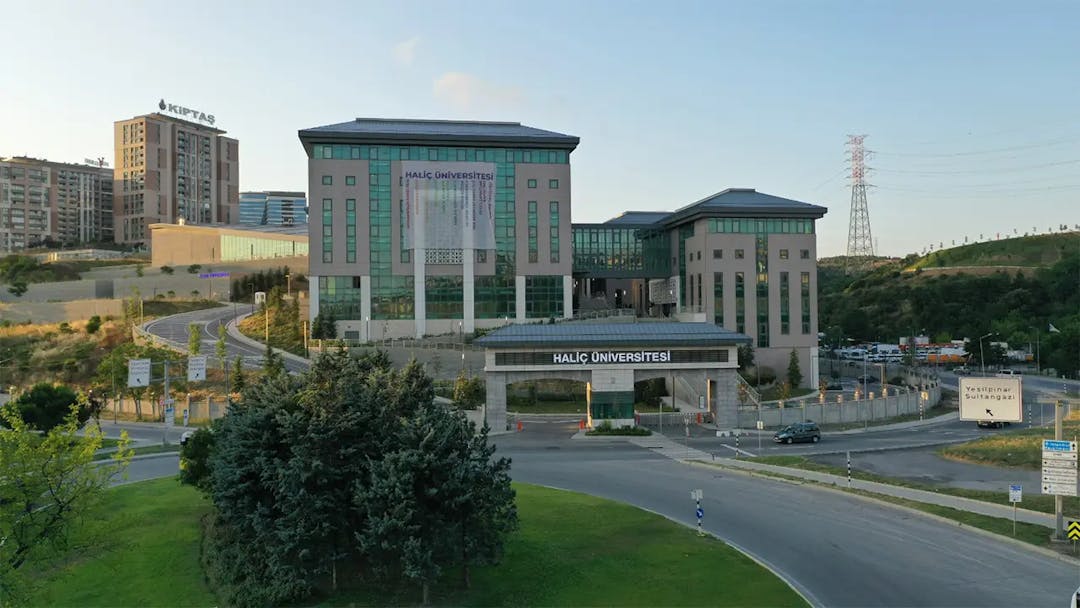

Atlas
Language
Turkish
English
Tuition fees (Schedule)
$14400
$18450


Biruni
Language
Turkish
English
Tuition fees (Schedule)
$17000
$20000
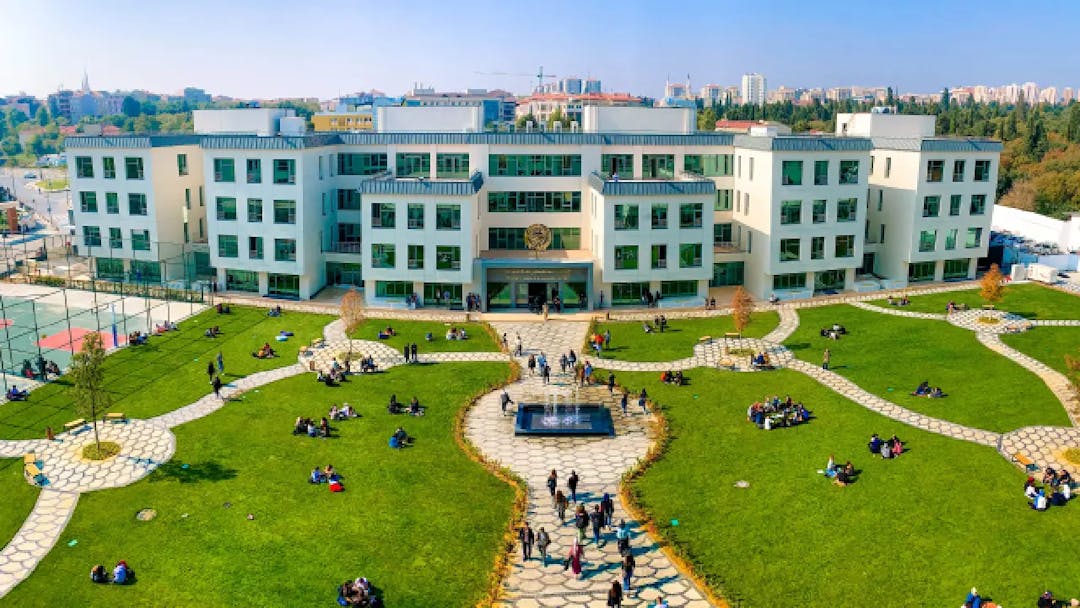

Üsküdar
Language
Turkish
English
Tuition fees (Schedule)
$16300
$22410


Istanbul Okan
Language
English
Turkish
Tuition fees (Schedule)
$0
$0
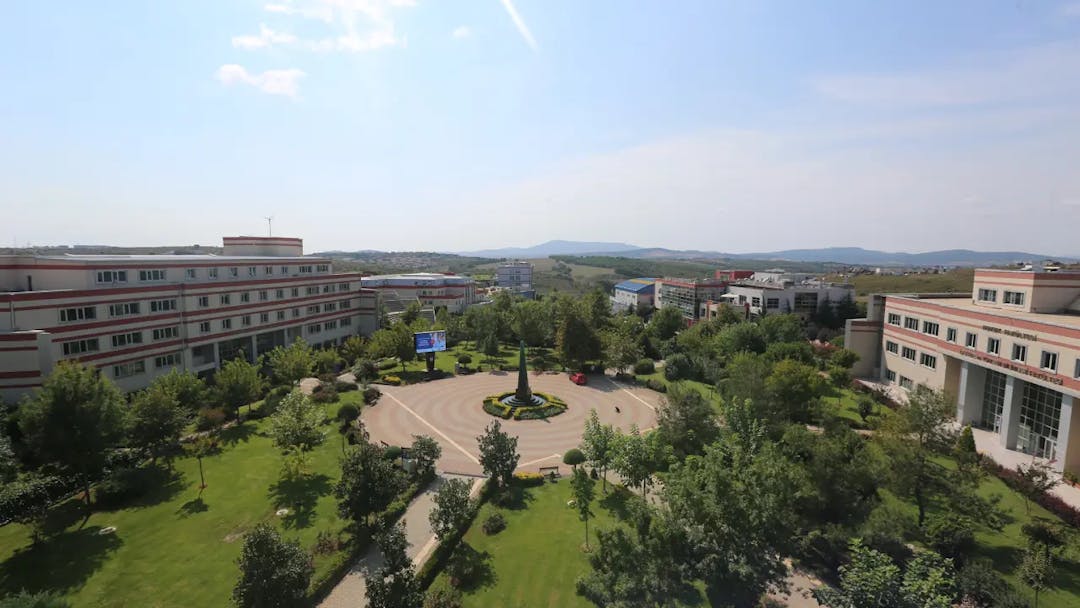

Ankara Medipol
Language
Turkish
English
Tuition fees (Schedule)
$20400
$23800
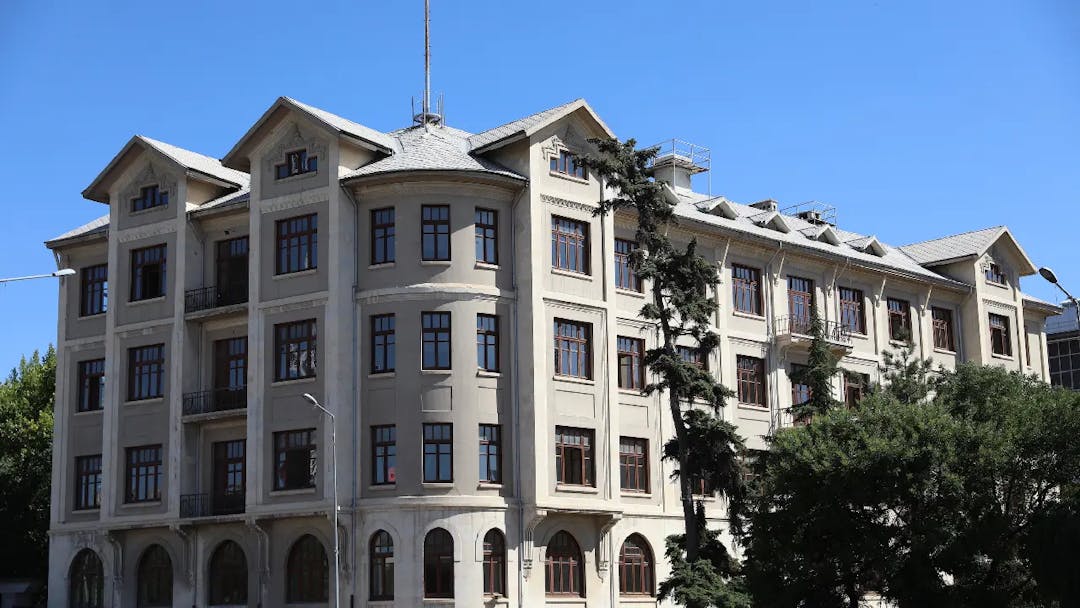

Istanbul Nişantaşı
Language
Turkish
Tuition fees (Schedule)
$14500
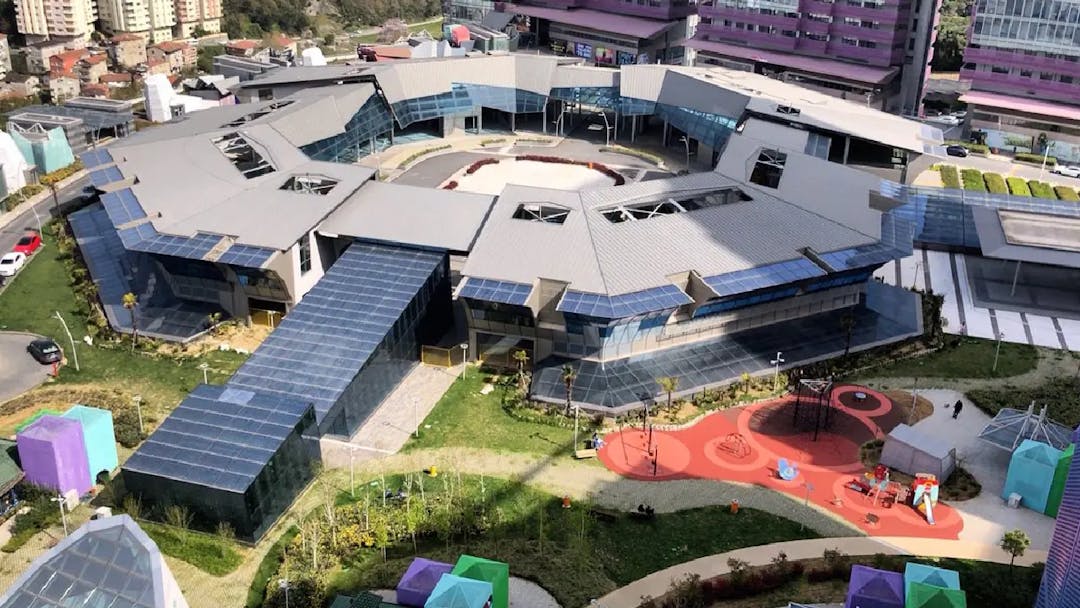

Istanbul Yeni Yüzyıl
Language
Turkish
Tuition fees (Schedule)
$12500
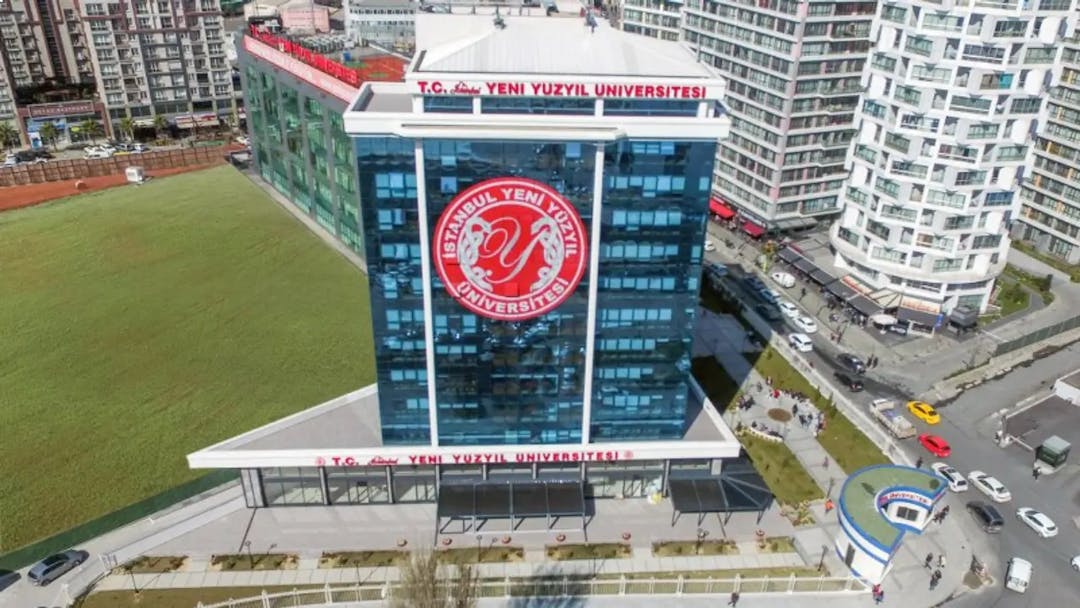

Istanbul Arel
Language
Turkish
Tuition fees (Schedule)
$14900
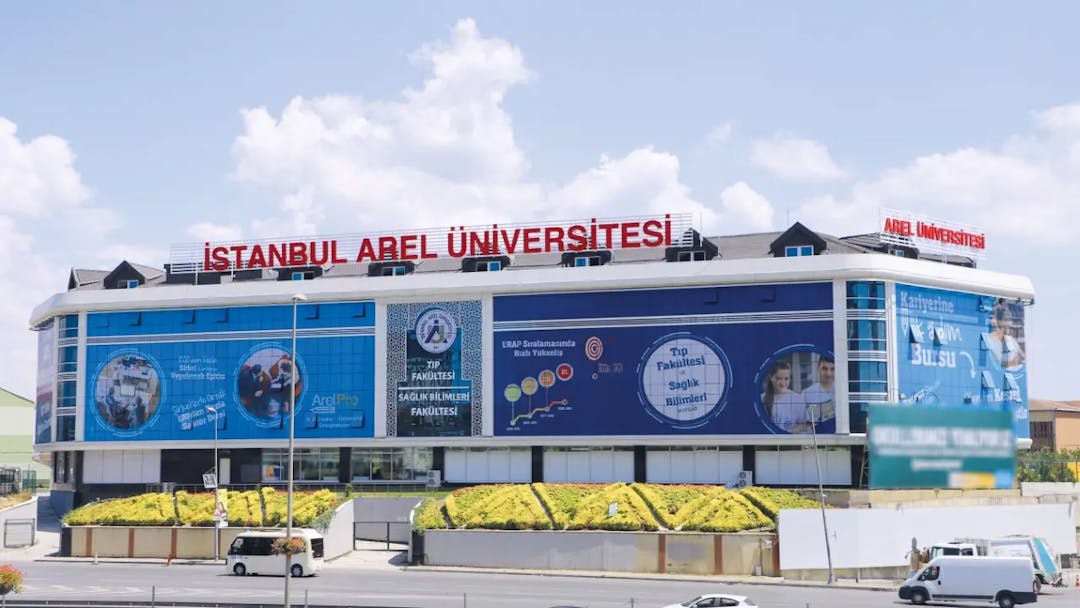

Maltepe
Language
English
Turkish
Tuition fees (Schedule)
$0
$0
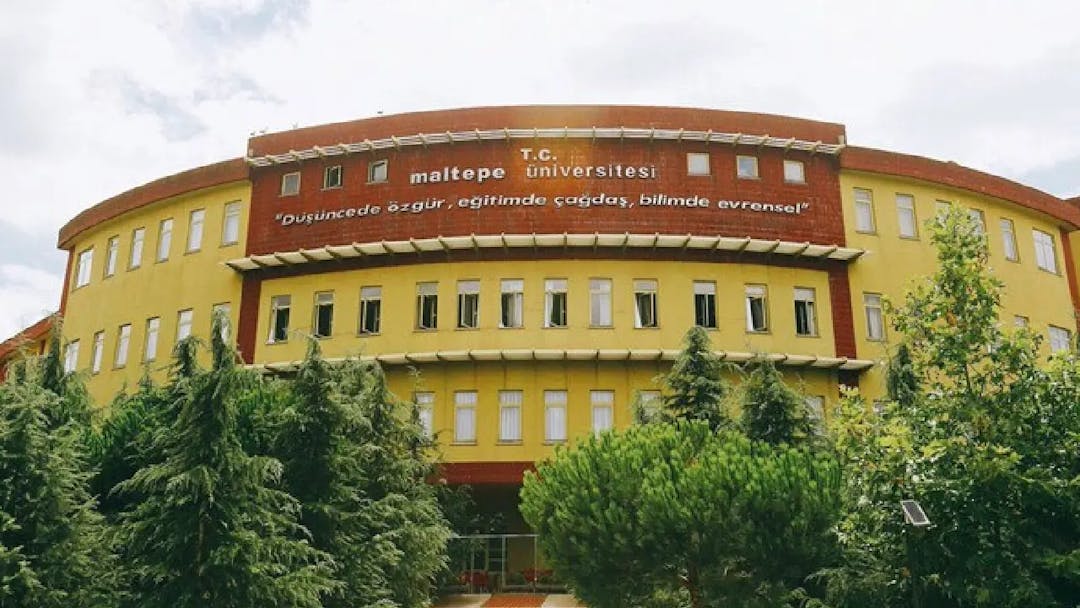

Yeditepe
Language
English
Tuition fees (Schedule)
$0
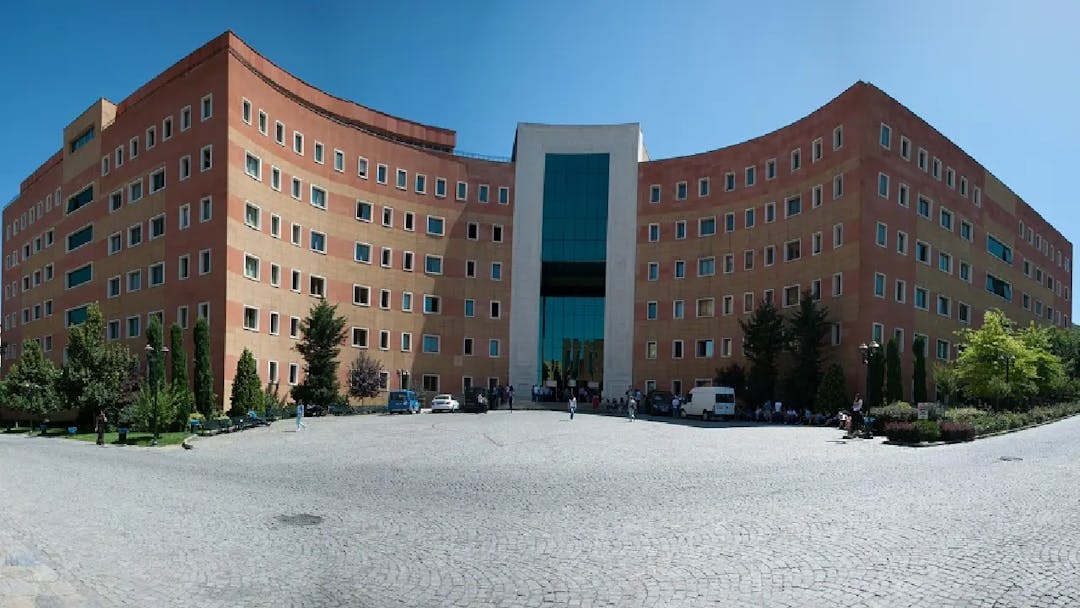
| University | Language | Tuition fees (Schedule) |
|---|---|---|
| Istinye | Turkish | $20,000 |
| Istinye | English | $26,400 |
| Istanbul Aydin | English | $22,000 |
| Istanbul Aydin | Turkish | $22,000 |
| Bahçeşehir | English | $27,000 |
| Istanbul Medipol | 30%English&Turkish 70% | $30,000 |
| Istanbul Medipol | English | $40,000 |
| Atilim | English | $16,500 |
| Altınbaş | English | $21,000 |
| Halic | Turkish | $18,000 |
| Halic | English | $24,000 |
| Atlas | Turkish | $14,400 |
| Atlas | English | $18,450 |
| Biruni | Turkish | $17,000 |
| Biruni | English | $20,000 |
| Üsküdar | Turkish | $16,300 |
| Üsküdar | English | $22,410 |
| Istanbul Okan | English | - |
| Istanbul Okan | Turkish | - |
| Ankara Medipol | Turkish | $20,400 |
| Ankara Medipol | English | $23,800 |
| Istanbul Nişantaşı | Turkish | $14,500 |
| Istanbul Yeni Yüzyıl | Turkish | $12,500 |
| Istanbul Arel | Turkish | $14,900 |
| Maltepe | English | - |
| Maltepe | Turkish | - |
| Yeditepe | English | - |



